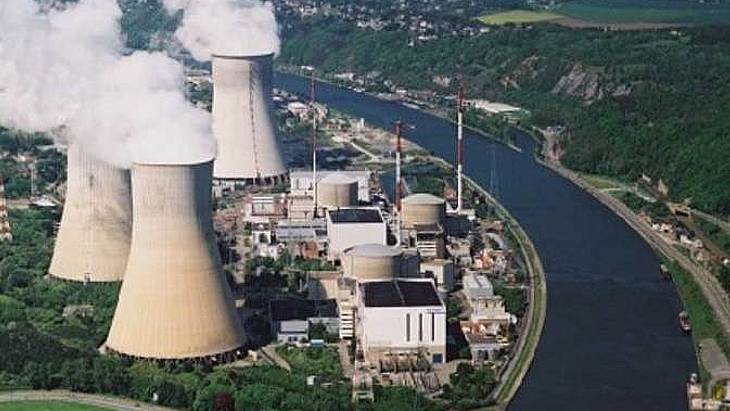"The government has asked the nuclear operator to prolong the functioning of Tihange 2 until the winter peak has passed," Belgian Prime Minister Alexander De Croo said in a media conference on Friday.
And in an interview carried on the Het Laatste Nieuws website, Minister for Energy Tinne Van der Straeten said that the government wanted to see if it was possible, from a safety point of view, to extend the life of Tihange 2 - which is currently due to shut at the start of February 2023 - until the end of March 2023.
The Belgian government's request is based on wanting to ensure security of supplies and to try to minimise expected energy costs.
However, the operator of the plant, Electrabel - the Belgian subsidiary of French utility Engie - has said it would not be feasible to extend Tihange 2's operation from the legally imposed shutdown date of 1 February 2023.
In a statement to World Nuclear News an Engie spokesperson said an extension had "never been on the table" so, without any preparatory work having been done, "it is not possible to due to both technical and nuclear safety constraints".
The company said that discussing the issue, as requested, with the Belgian nuclear safety authorities "will not change these constraints" but they remained available to provide further explanation to the Belgian government.
Belgium's coalition government had a policy to phase out nuclear power by 2025, but in March decided to allow Doel 4 and Tihange 3 to continue operating until 2035 in order to allow the country to "strengthen its independence of fossil fuels in turbulent geopolitical times".
Belgium's nuclear plants account for almost half of the country's electricity production.





_730_93825.jpg)

_83147.jpg)
_87299.jpg)






